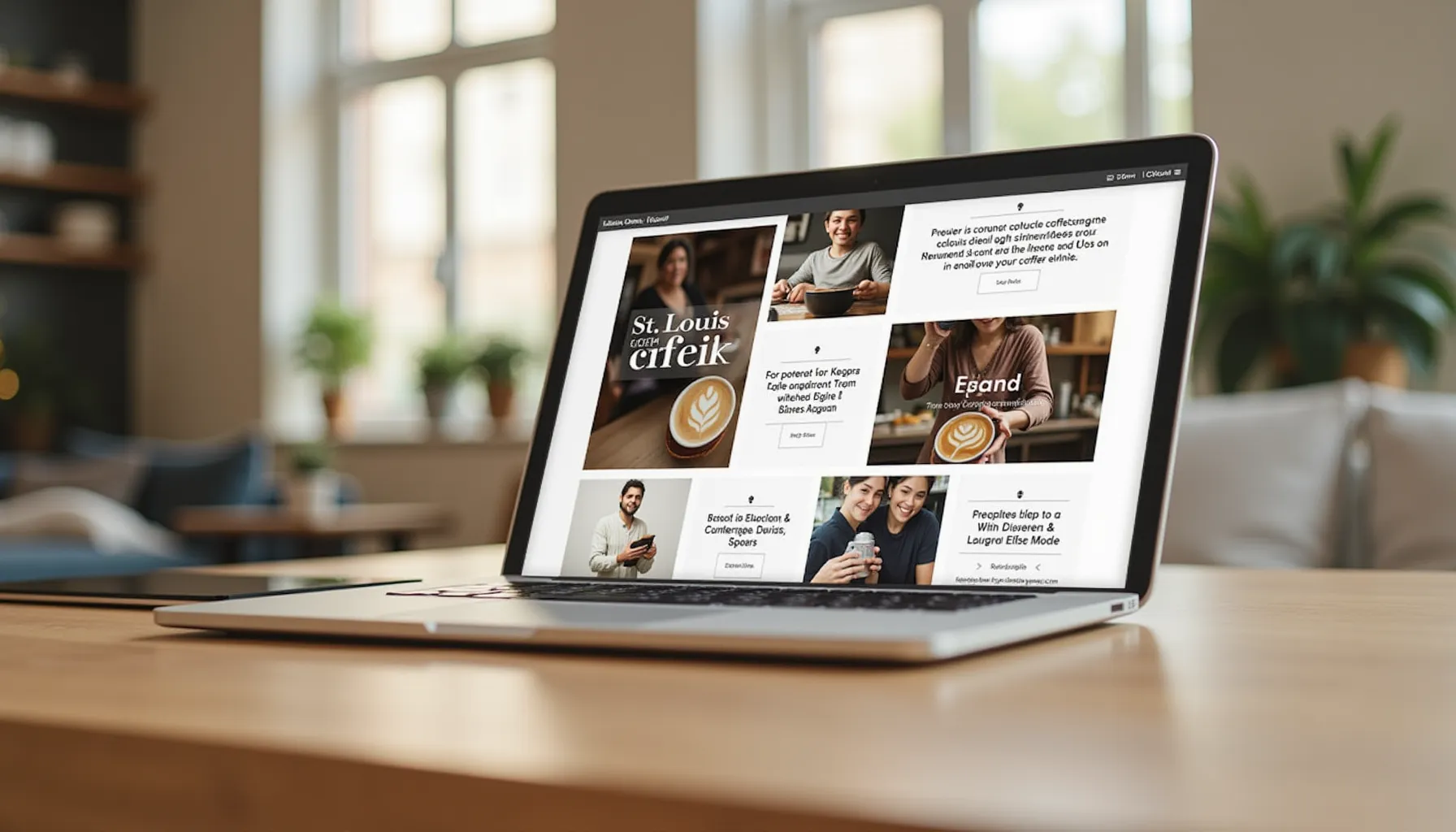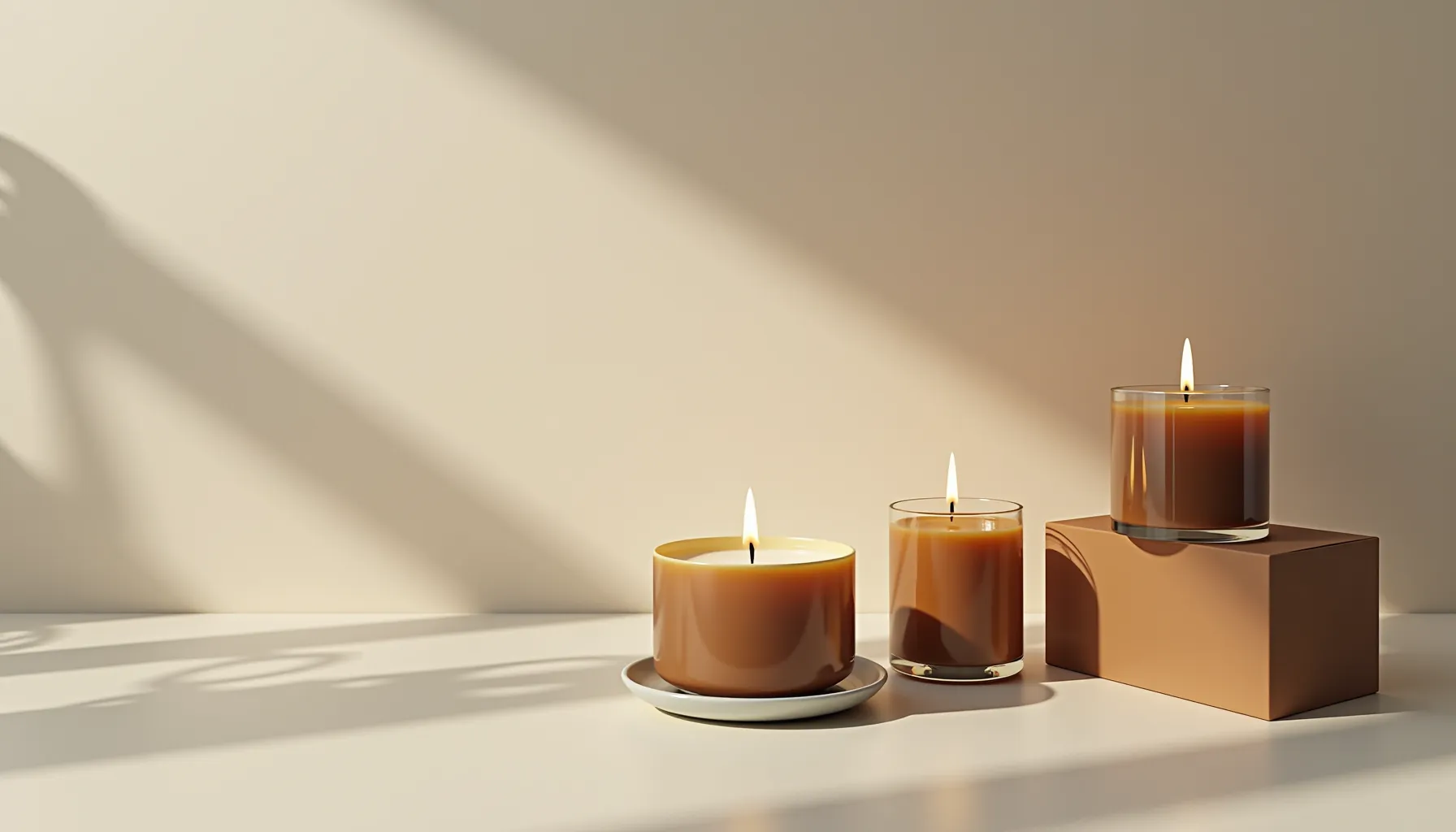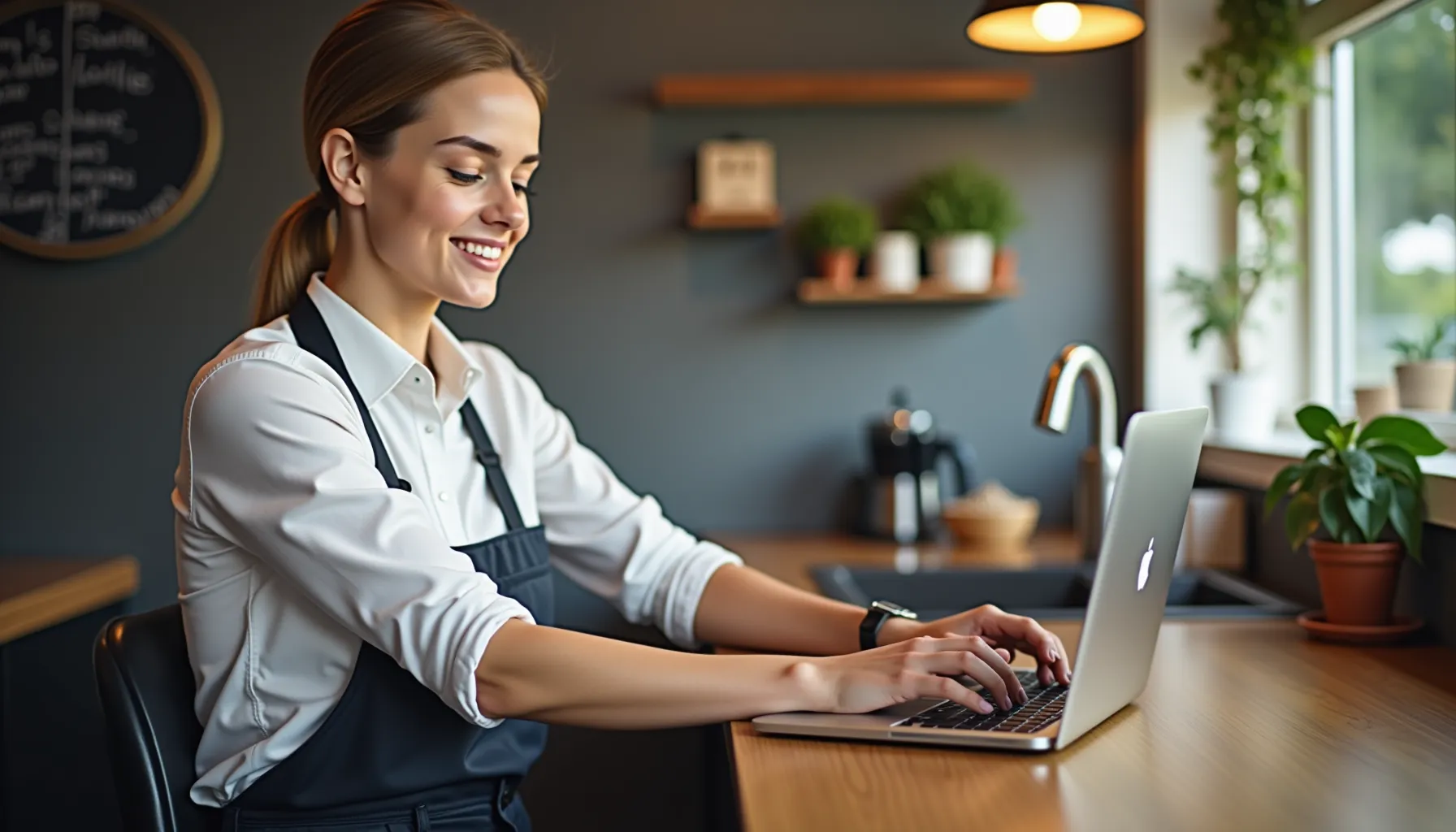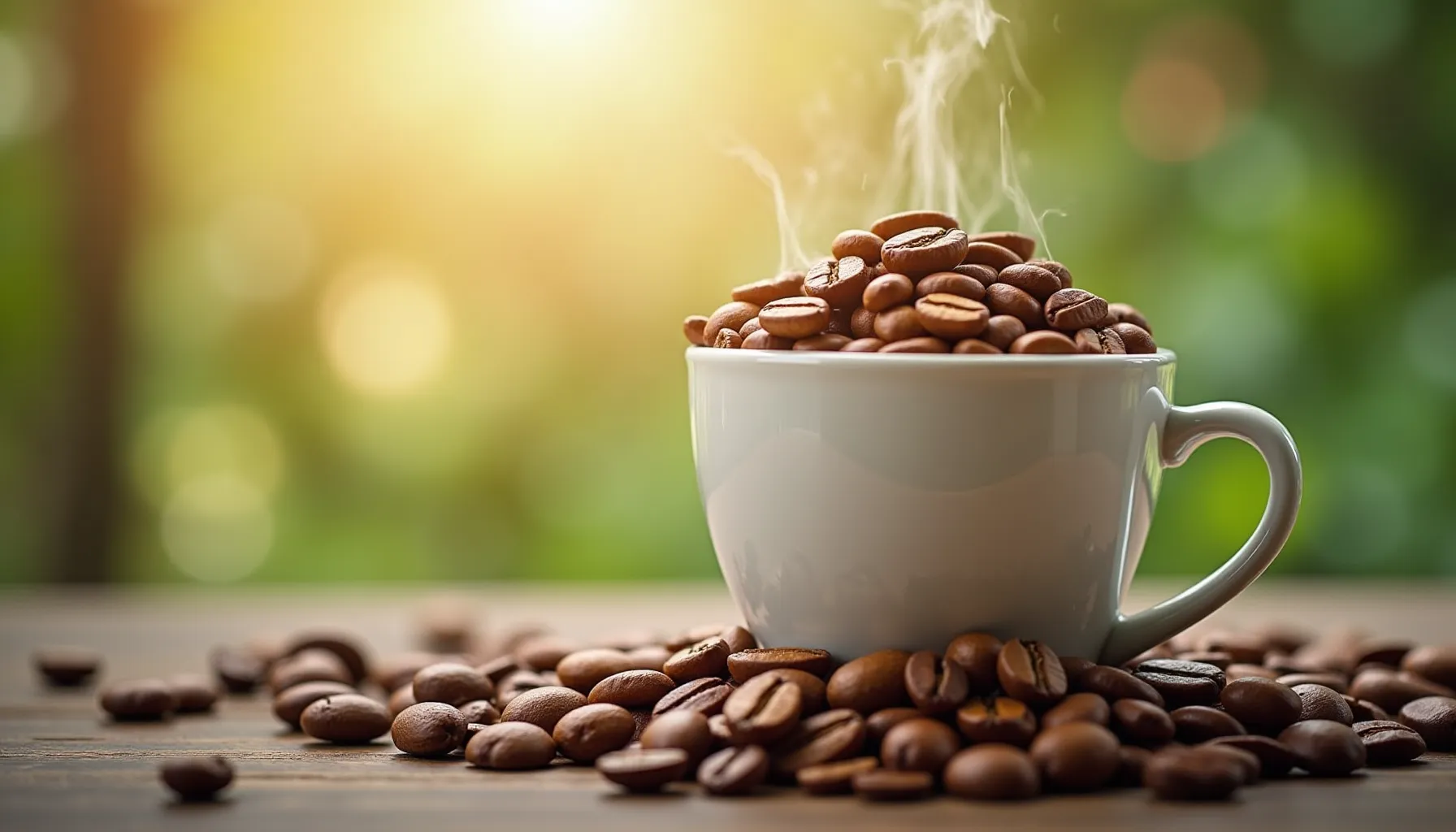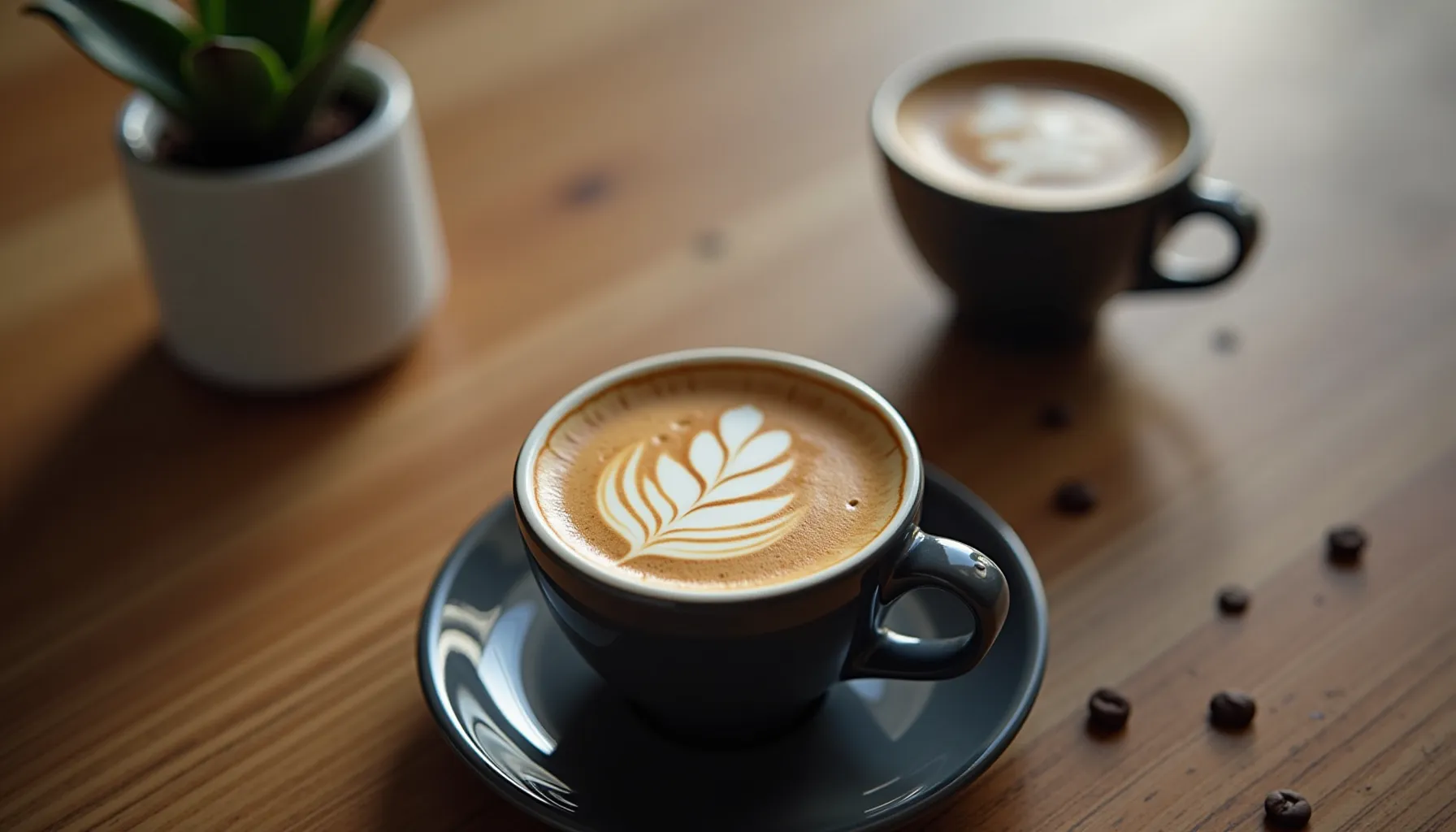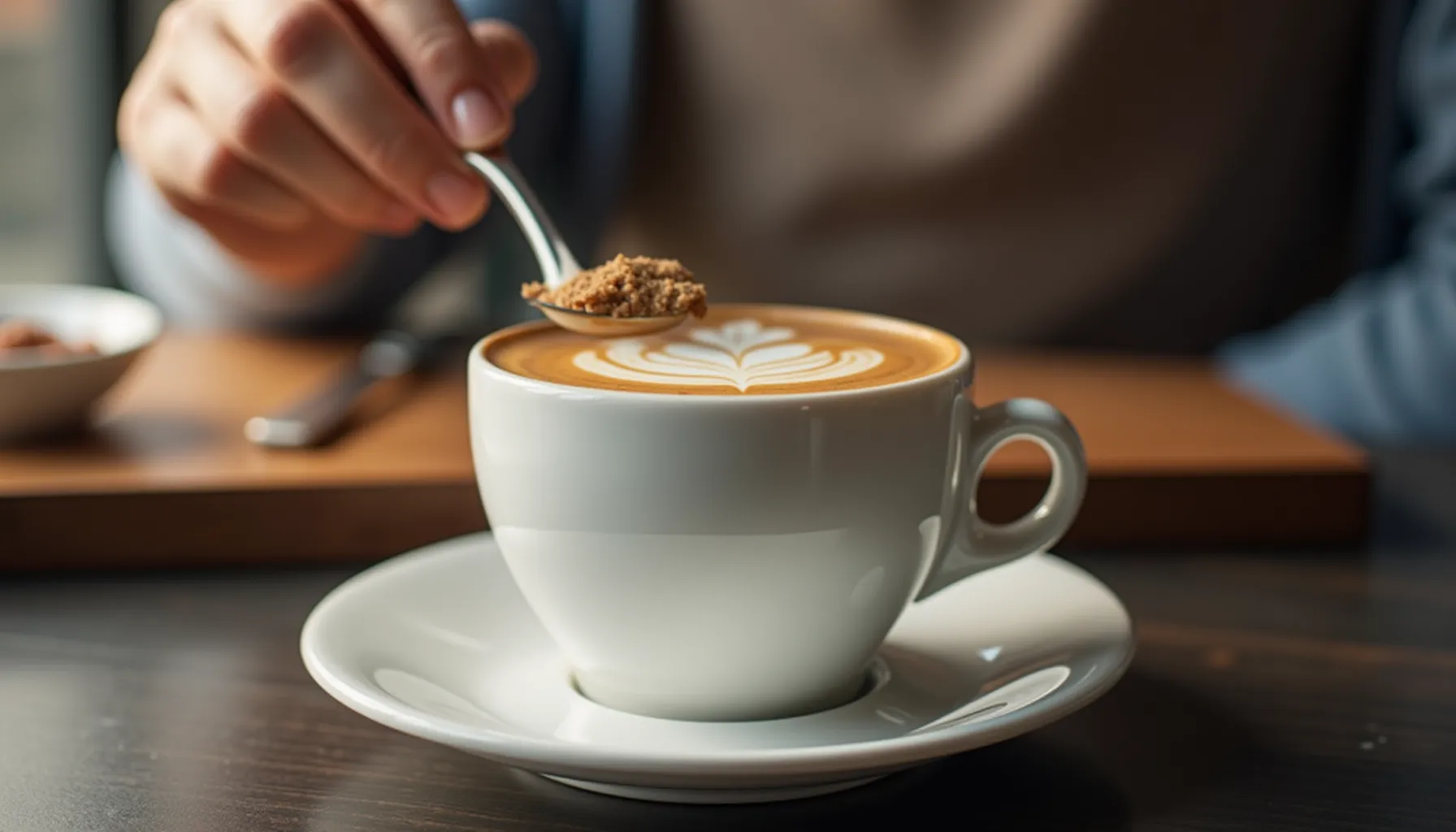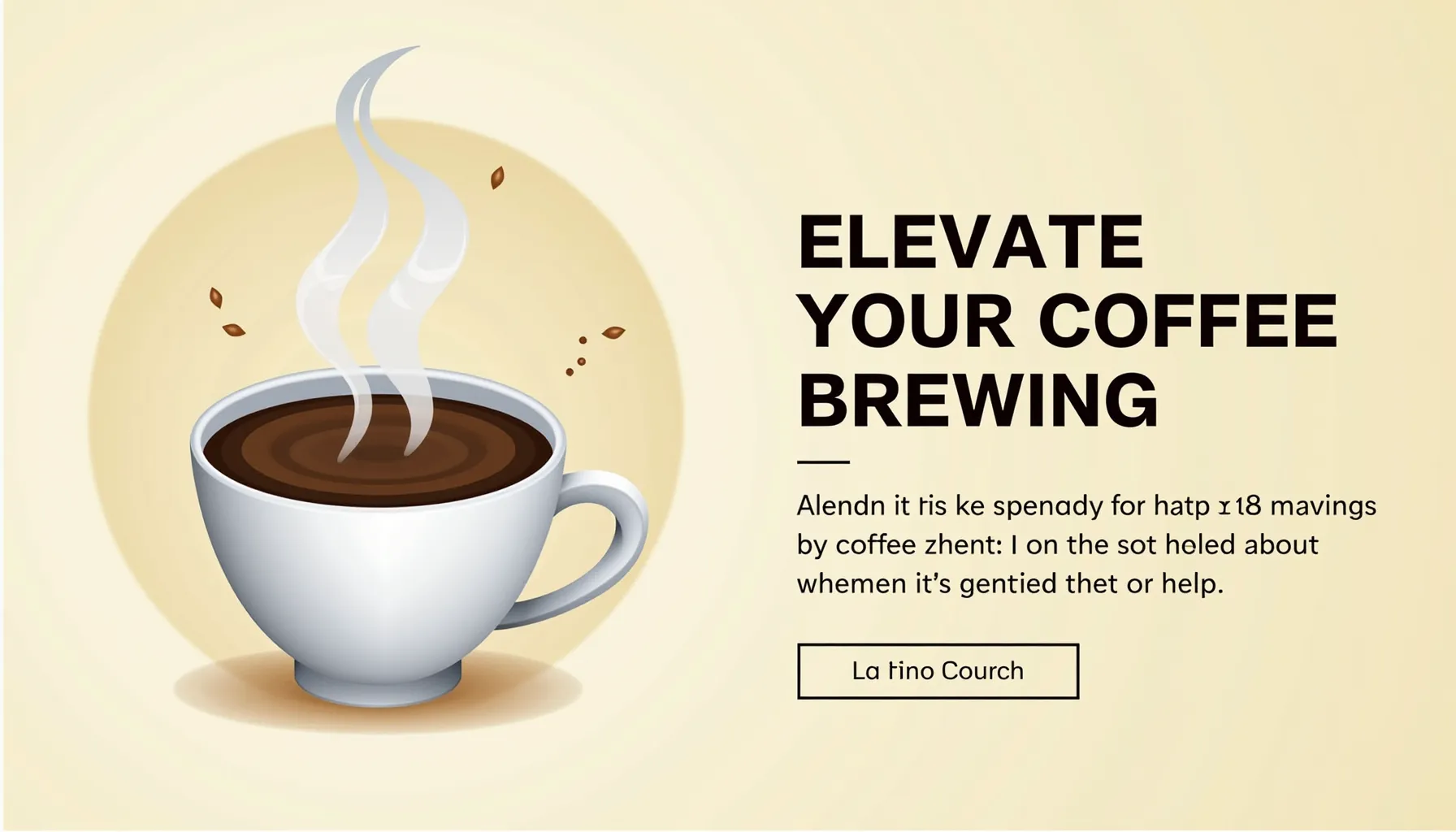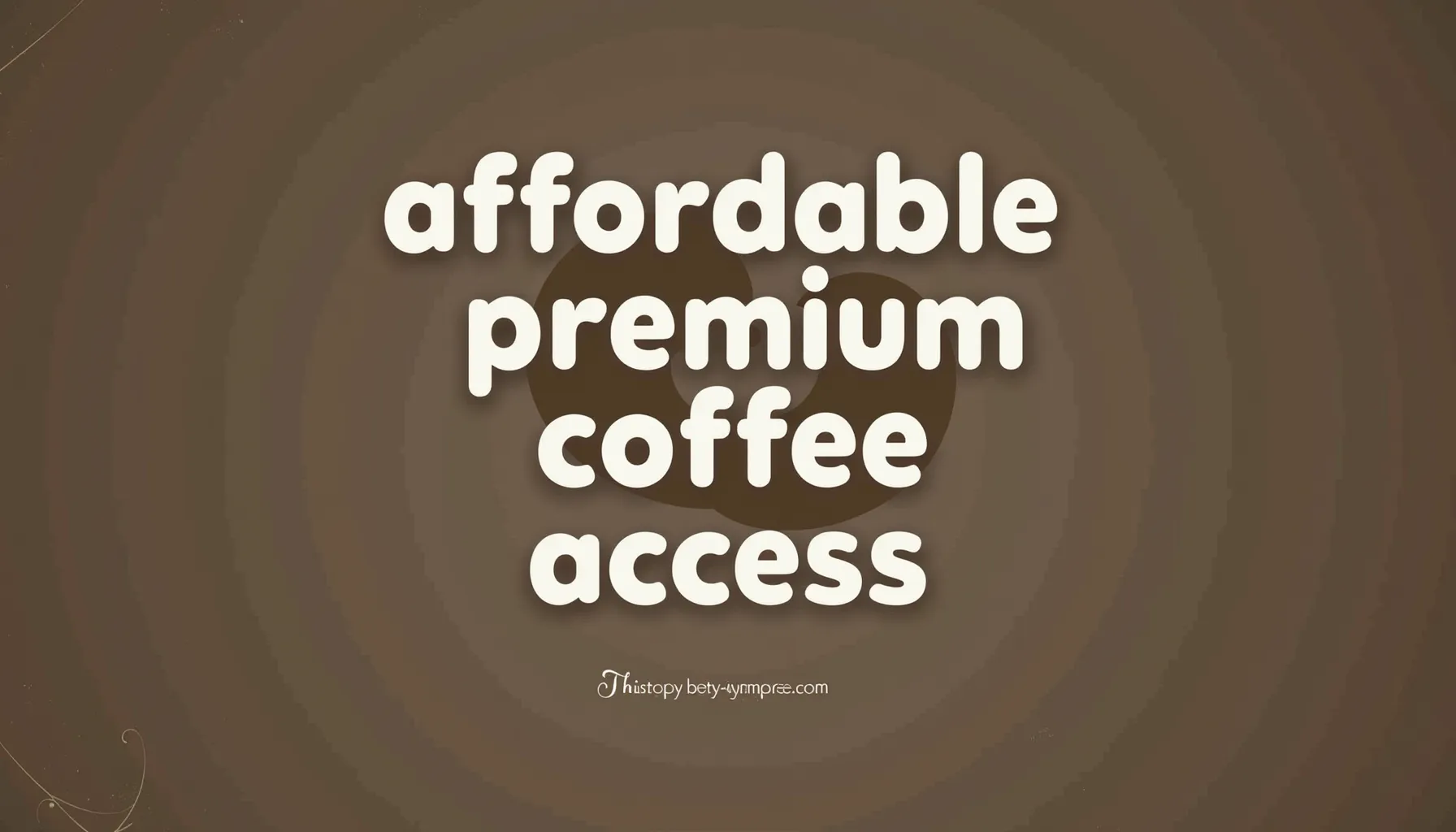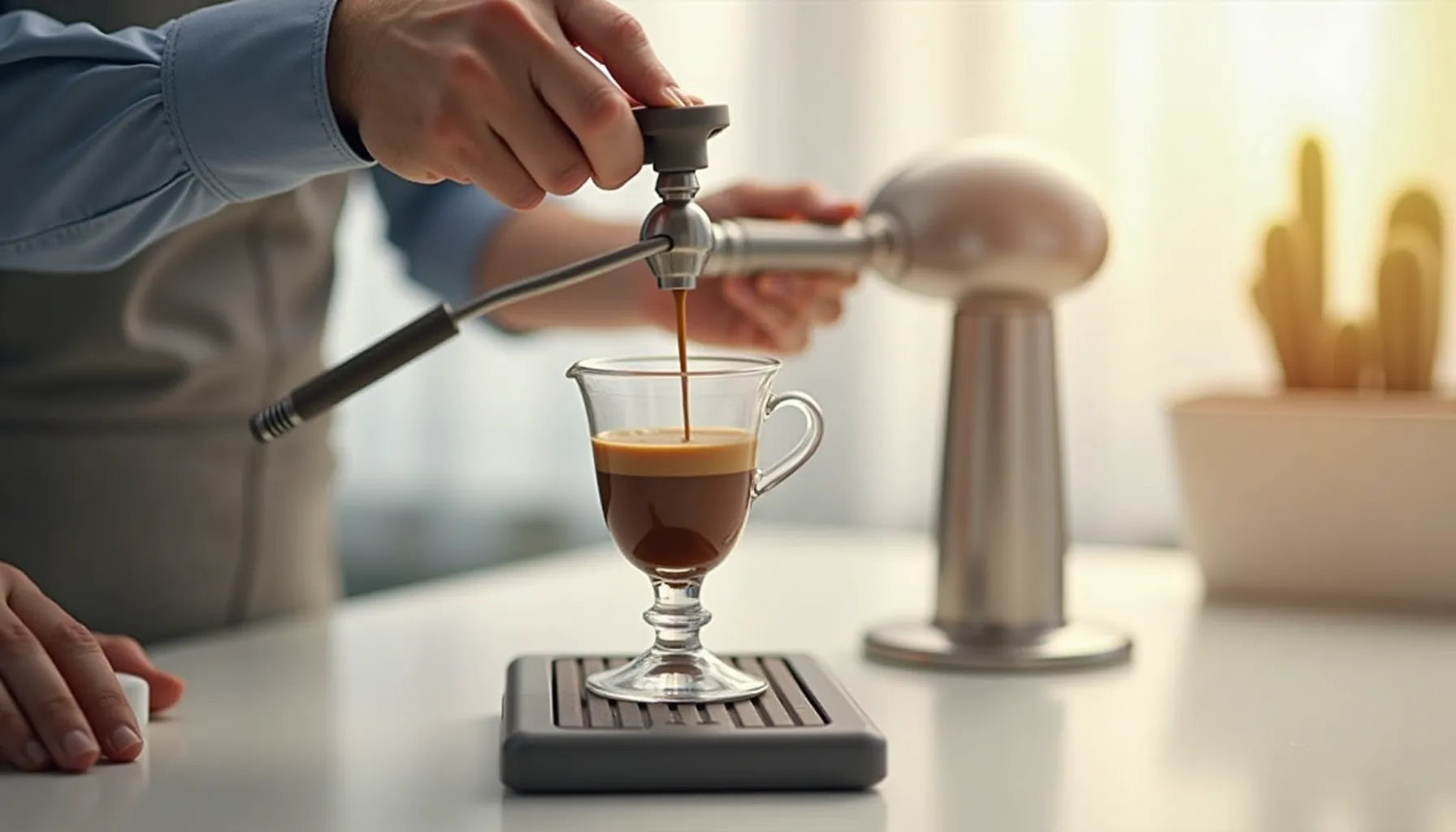Navigating the "coffee or café?" dilemma is more than just choosing where to get your daily caffeine fix—it's about understanding a global culture that connects millions of people through a simple yet profound beverage.
Every morning, millions of people face the same question: Should I brew coffee at home or head to my local café? With the global coffee market valued at a staggering $102.15 billion and continuing to grow, this isn't just a personal choice—it's a lifestyle decision that impacts our social interactions, budget, and daily experience.
This article will dive deep into the world of coffee, exploring the nuances between home brewing and café experiences. We'll unpack the cultural significance, health benefits, and personal considerations that make the "coffee or café?" question so intriguing. Whether you're a coffee enthusiast, a budget-conscious consumer, or someone seeking the perfect morning ritual, you'll discover insights that transform your coffee consumption from a mundane task to a meaningful experience.
Key Takeaways
- Comprehensive Coffee Exploration: Understanding different coffee types and brewing methods
- Cultural Insights: Exploring café culture and social significance
- Personal Choice Analysis: Comparing home brewing vs. café experiences
- Health and Lifestyle Considerations: Examining the benefits of coffee consumption
- Practical Decision-Making: Strategies for choosing your ideal coffee experience
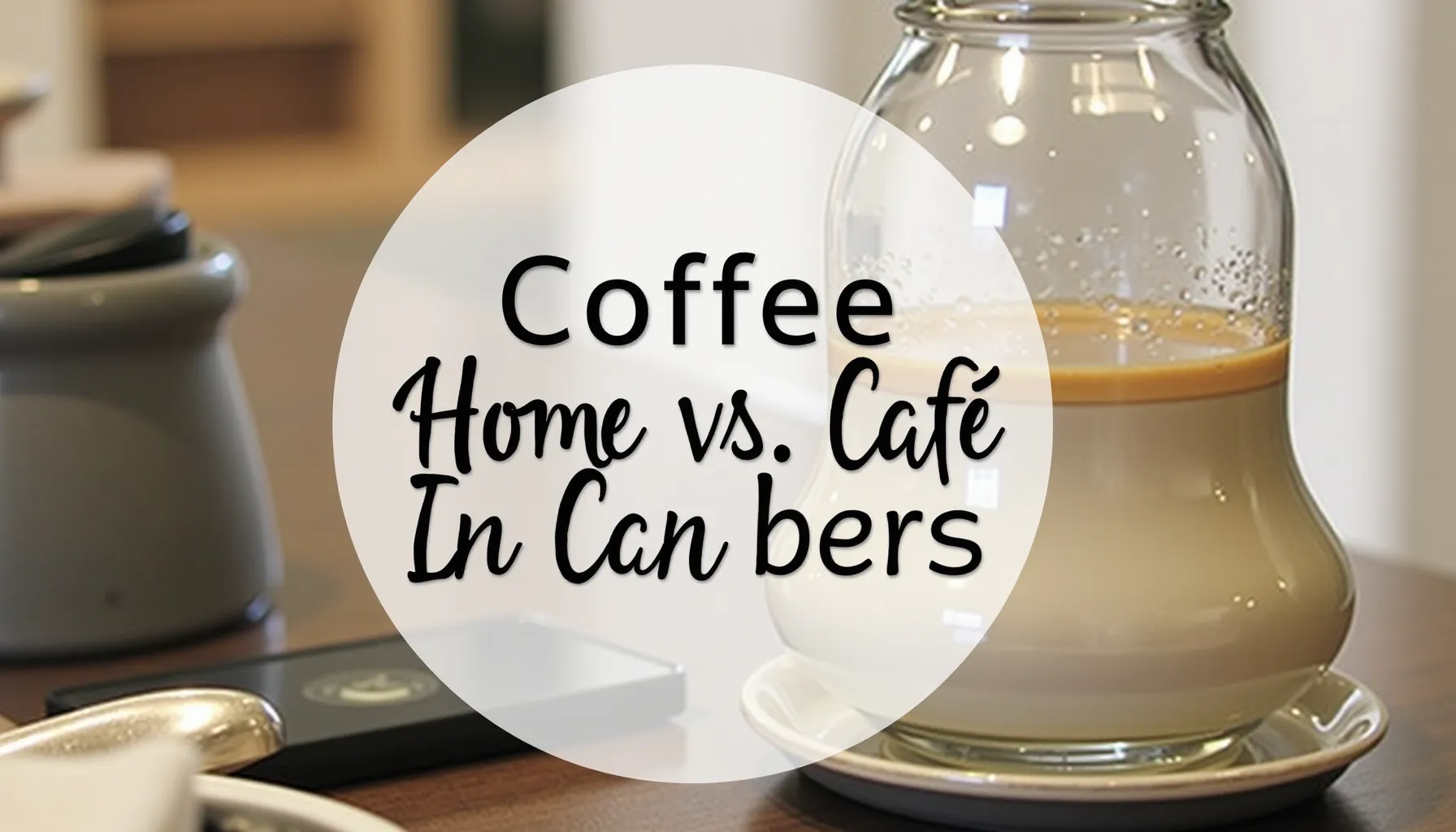
Understanding Coffee: More Than Just a Beverage
Coffee Fundamentals: A Global Journey
Coffee isn't just a drink—it's a complex world of flavor, culture, and tradition. From the misty highlands of Ethiopia to the lush plantations of Colombia, coffee beans tell a story of geographical diversity and intricate cultivation practices.
The three primary coffee bean varieties each bring a unique personality to your cup. Arabica beans, known for their smooth and sweet profile, dominate the specialty coffee market. Robusta beans pack a punch with higher caffeine content and a more intense, bitter flavor. Liberica, the rare gem of the coffee world, offers a distinctive woody taste that challenges traditional palates.
With 70% of U.S. adults consuming coffee regularly, these beans represent more than just a morning ritual—they're a global economic powerhouse connecting farmers, roasters, and coffee lovers across continents.
Global Coffee Consumption Trends
The coffee industry isn't just growing—it's exploding. The global market, valued at $102.15 billion, reflects a dynamic ecosystem where consumer preferences continuously evolve. Specialty coffee now accounts for 55% of the U.S. market, signaling a shift towards quality and experience over mere caffeine consumption.
Millennials and Gen Z are driving this transformation, seeking more than just a beverage. They're pursuing stories, sustainability, and authentic connections with their coffee sources. Micro-roasters, direct trade relationships, and transparent sourcing have become increasingly important to modern coffee enthusiasts.
Coffee Brewing Techniques: An Art and Science
Brewing coffee is a delicate balance between art and precision. Home brewing methods range from the classic drip coffee maker to pour-over techniques, French press, and sophisticated espresso machines. Each method extracts different flavor profiles and nuances from the same beans.
Professional baristas elevate coffee preparation to a craft, understanding water temperature, grind size, and extraction time. Their expertise transforms simple beans into complex, multi-layered experiences that home brewers aspire to recreate.
The Café Experience: Beyond Just Drinking Coffee
Cafe Culture Explained
Cafés are more than just establishments serving beverages—they're social ecosystems where connection, creativity, and community converge. Research indicates that 62% of people visit cafés primarily for the social atmosphere, highlighting their role beyond mere refreshment.
From the intellectual salons of Paris to the vibrant coffee houses of Melbourne, these spaces have historically been crucibles of cultural exchange. Artists, writers, entrepreneurs, and dreamers have long found inspiration within their welcoming walls, transforming cafés into dynamic social laboratories.
Types of Cafés Around the World
Café styles vary dramatically across cultures. Italian espresso bars offer quick, standing encounters with intense coffee experiences. Scandinavian "hygge" cafés emphasize comfort and relaxation. Japanese kissaten provide contemplative spaces with meticulous brewing techniques.
Each café style reflects local cultural nuances, transforming the simple act of drinking coffee into a rich, contextual experience that goes far beyond the beverage itself.
Café Advantages: More Than Just a Drink
Professional café environments offer unique advantages that home brewing cannot replicate. Trained baristas bring scientific precision and artistic flair to coffee preparation, creating consistently excellent beverages that challenge home brewing capabilities.
Beyond technical expertise, cafés provide infrastructure for remote work, social meetings, and creative collaboration. The ambient noise, professional equipment, and curated atmosphere create environments that inspire productivity and connection.
Home Brewing: Convenience and Personal Touch
Cost-Effectiveness of Home Coffee Brewing
Let's talk about the elephant in the room—money. The average American spends $3.28 daily on coffee, which translates to a staggering $1,197 annually. Home brewing offers a compelling alternative to this continuous financial drain, providing significant savings without sacrificing quality.
Breaking down the costs reveals fascinating insights. A home brewing setup might require an initial investment in equipment, but the long-term savings are substantial. A bag of quality coffee beans can produce multiple cups at a fraction of café prices, giving budget-conscious coffee lovers a serious advantage.
Personal Brewing Benefits: Crafting Your Perfect Cup
Home brewing isn't just about saving money—it's about absolute control. You become the master of your coffee universe, selecting beans, experimenting with grind sizes, and perfecting water temperatures. This level of customization transforms coffee preparation from a mundane task into a personal ritual.
The comfort of brewing in your own space cannot be overstated. Wearing pajamas, listening to your favorite morning playlist, and crafting a cup tailored precisely to your taste preferences creates an unmatched experience that no café can replicate.
Health and Lifestyle Considerations
Coffee Consumption Benefits
Coffee is more than a delicious beverage—it's a potential health ally. Research from the Harvard School of Public Health suggests moderate coffee consumption might lower risks of certain diseases. Antioxidants in coffee have been linked to reduced inflammation and improved metabolic functions.
Different brewing methods can impact coffee's health profile. Pour-over and French press methods, for instance, retain more beneficial compounds compared to traditional drip machines. Understanding these nuances empowers coffee lovers to make informed consumption choices.
Psychological and Physical Wellness Connections
The relationship between coffee and wellness extends beyond physical health. Morning coffee rituals provide psychological anchors, offering moments of calm and reflection before the day's chaos begins. The sensory experience—aroma, warmth, flavor—can significantly impact mental well-being.
Caffeine's cognitive benefits are well-documented. Moderate consumption can enhance focus, improve mood, and provide temporary mental clarity. However, individual tolerance varies, making personal experimentation key to finding your optimal balance.
Choosing Your Ideal Coffee Experience
Ultimately, the "coffee or café?" decision is deeply personal. Your lifestyle, budget, time availability, and taste preferences converge to create a unique coffee journey. Some days call for the precision of home brewing, while others demand the social atmosphere of a café.
Consider creating a flexible approach. Alternate between home brewing and café visits to enjoy diverse experiences. This strategy ensures you're not locked into one method, allowing spontaneity and variety in your coffee consumption.
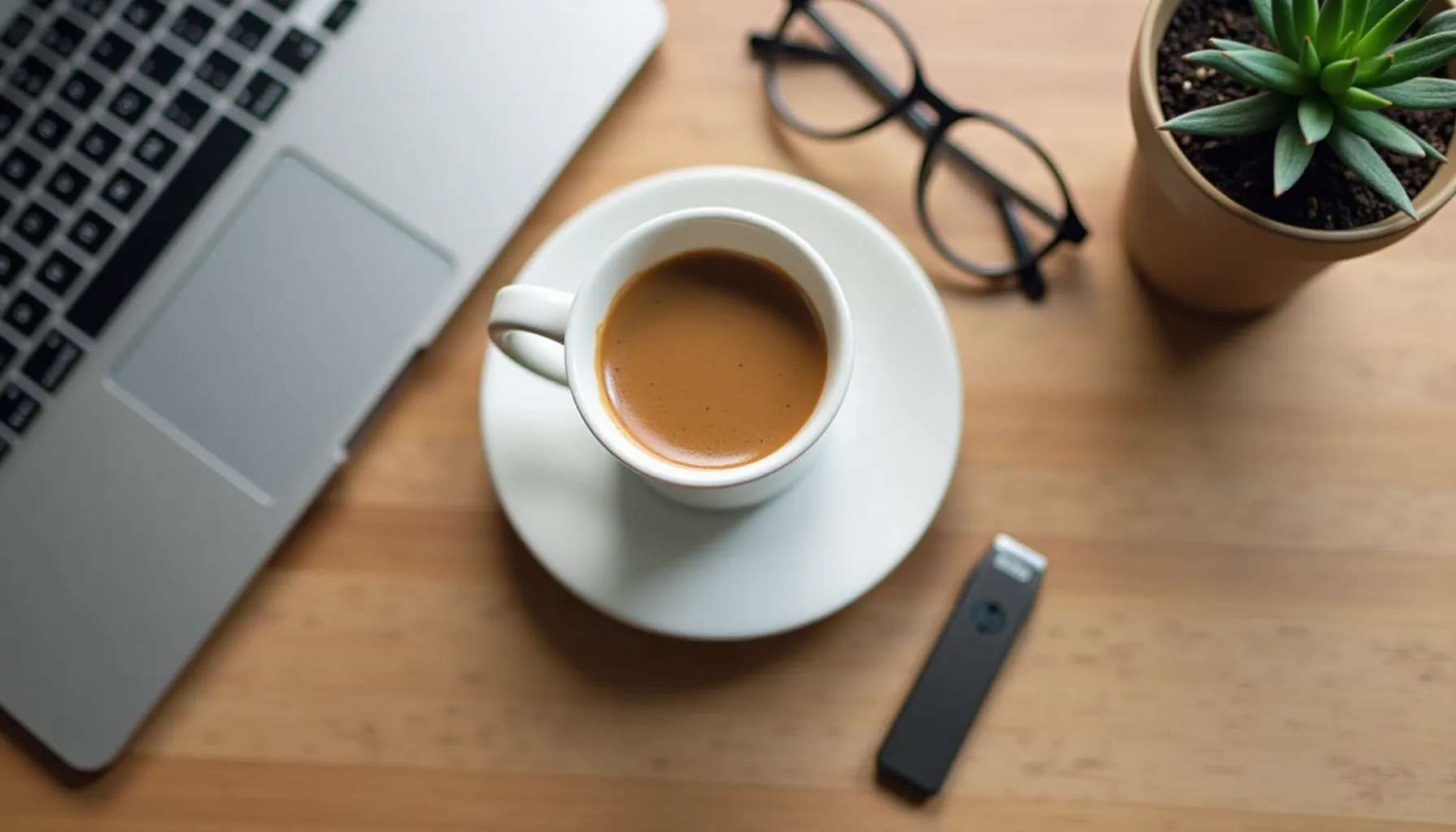
Your Coffee Compass: Navigating Personal Preference and Global Culture
Coffee is far more than a beverage—it's a deeply personal journey that intersects with global culture, individual lifestyle, and personal wellness. Our exploration reveals that the "coffee or café?" question isn't about making a binary choice, but understanding the rich tapestry of experiences available to modern coffee enthusiasts.
Each brewing method, each café visit, represents a unique chapter in your personal coffee narrative. The beauty lies not in discovering a universal "perfect" approach, but in embracing the diversity of coffee consumption. Your ideal coffee experience is a dynamic, evolving relationship that adapts to your changing needs, moods, and circumstances.
Ultimately, coffee connects us—to ourselves, to global communities, and to centuries of cultural traditions. Whether you're a meticulous home brewer or a café culture aficionado, your choice contributes to a global conversation that transcends mere caffeine consumption.
Frequently Asked Questions About Coffee Experiences
Q1: How much can I really save by brewing coffee at home?
By home brewing, you could save approximately $1,000 annually compared to daily café purchases. The initial investment in equipment pays off quickly with consistent home brewing.
Q2: What's the healthiest way to consume coffee?
Moderate consumption is key. Aim for 3-4 cups daily, preferably brewed using methods that preserve antioxidants like pour-over or French press techniques.
Q3: Do different coffee beans really taste that different?
Absolutely. Arabica, Robusta, and Liberica beans offer distinct flavor profiles ranging from smooth and sweet to intense and woody, reflecting their unique geographical origins.
Q4: How do I choose between home brewing and café visits?
Consider your lifestyle, budget, and social needs. Some days demand the precision of home brewing, while others call for the vibrant atmosphere of a café.
Q5: What makes a great café experience?
Beyond coffee quality, great cafés offer ambiance, professional brewing, social opportunities, and a sense of community that transforms drinking coffee into a holistic experience.




